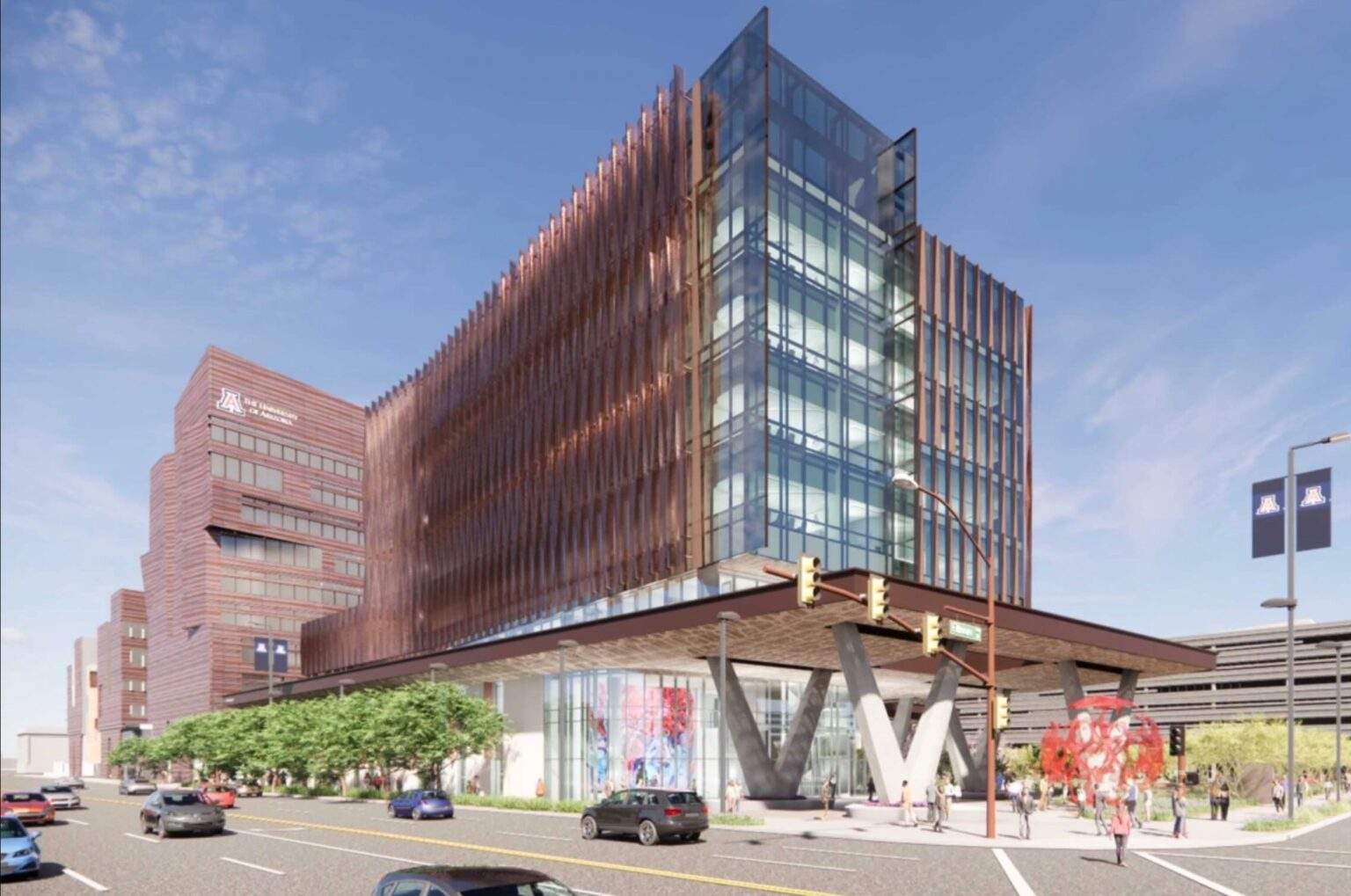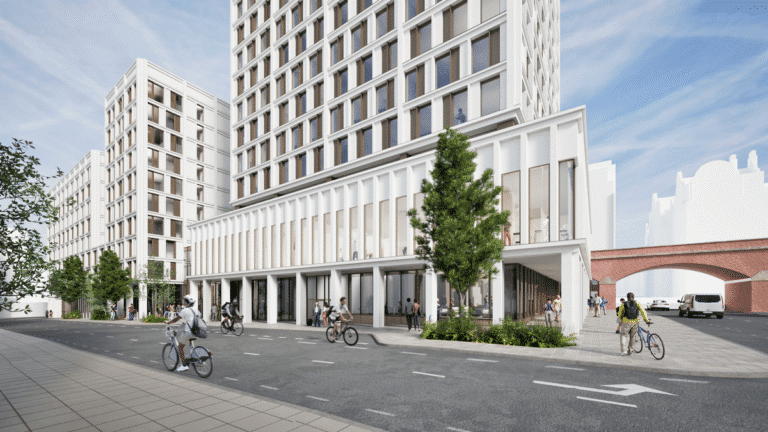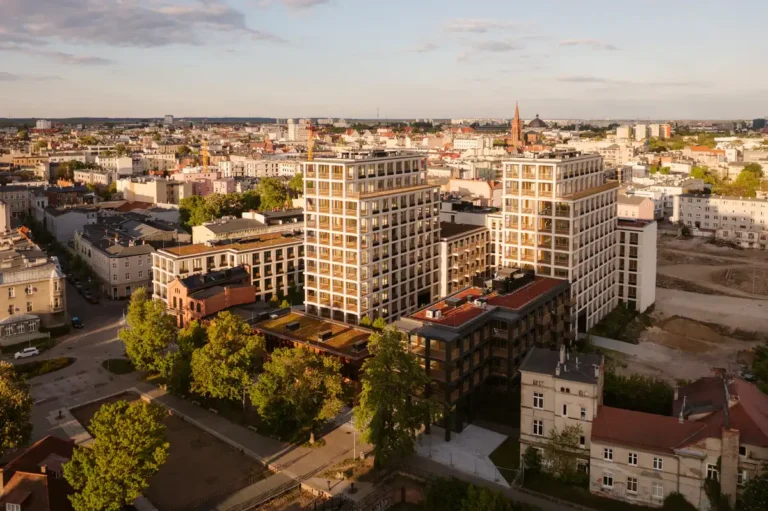University of Arizona Halts $300M Research Hub Due to Federal Funding Freeze
Major Research Project Halted Due to Federal Policies
The University of Arizona (U of A) has announced the suspension of construction for the Center for Advanced Molecular and Immunological Therapies (CAMI), a $300 million biomedical research hub planned for downtown Phoenix. This decision comes in response to funding cuts imposed by the administration of U.S. President Donald Trump, which have canceled numerous research grants and frozen scientific projects.
Project Vision and Objectives
Approved in 2022, CAMI was designed to be a nationally significant research facility focused on developing precision immunotherapies to combat cancer, infectious diseases, and autoimmune conditions. The seven-story, 200,000-square-foot building was set to include:
- Advanced research laboratories at CAMI Research Center
- A clinical suite for experimental treatments
- Administrative offices and meeting spaces
Construction began in October 2024, with an expected completion date in 2027. However, due to the financial crisis, the university has been forced to pause the project temporarily.
Funding Cuts and Project Suspension
In an official statement, John Arnold, U of A’s Chief Operating Officer, explained that the project was suspended due to federal funding changes:
“While we remain committed to our research at the Phoenix Bioscience Core, we need to pause and reassess CAMI given the uncertainties in funding.”
The decision stems from the Trump administration’s funding freeze, led by Elon Musk, who oversees the newly created “Department of Government Efficiency”, a federal entity aimed at reducing government spending. According to a report by Scientific American, this funding freeze has resulted in:
- The dismissal of thousands of federal employees
- The cancellation of billions of dollars in research grants, including those with CAMI Research Center
Wider Impact on the University and Research Programs
The university warned that cuts in research funding will impact all aspects of its operations, especially given its fixed operational costs, such as building maintenance and utilities. In an official statement, U of A emphasized:
“With annual fixed costs associated with U of A buildings and utilities that cannot be eliminated, reductions in research funding will affect all facets of the university’s operations, including academic programs and laboratories.”
Conclusion: The Effect of Federal Policies on Scientific Research
This development highlights the significant impact of political decisions on scientific research and higher education. While the University of Arizona remains committed to its research mission, it must now reevaluate its strategy in light of the current financial challenges.
Summary Table
| Aspect | Details |
|---|---|
| Project Name | Center for Advanced Molecular and Immunological Therapies (CAMI) |
| Location | Downtown Phoenix, Arizona |
| Project Cost | $300 million |
| Size | 200,000 square feet |
| Number of Floors | 7 floors |
| Project Goals | Developing immunotherapies for cancer, infectious diseases, and autoimmune conditions |
| Construction Start Date | October 2024 |
| Expected Completion Date | 2027 |
| Reason for Suspension | Federal funding cuts under the Trump administration |
| Entity Responsible for Cuts | Department of Government Efficiency led by Elon Musk |
| Potential Impact | Project delay, reduced research funding, impact on university programs, specifically CAMI Research Center |
This situation underscores how political shifts can directly influence the future of scientific research, prompting universities to seek alternative funding solutions to sustain their projects.







